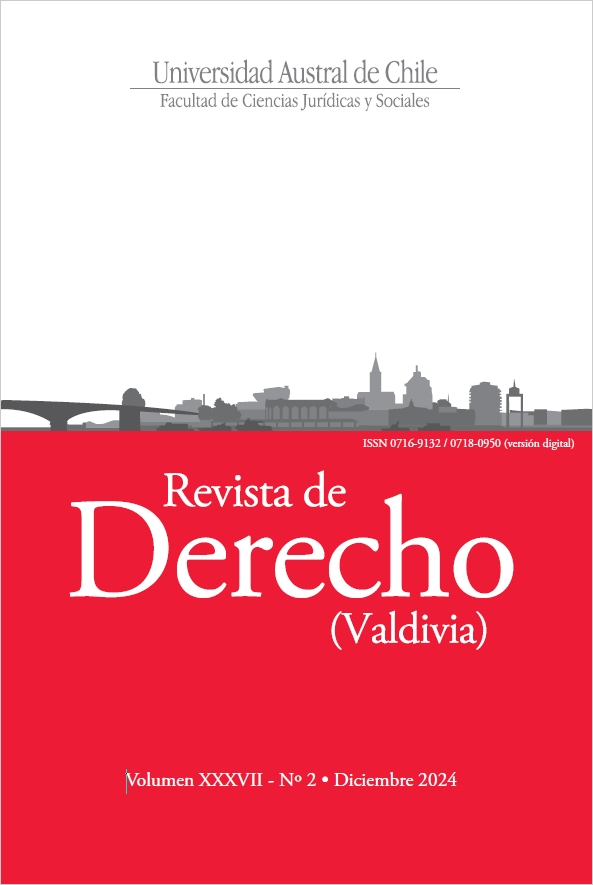The Chilean Constitutional Process 2021-2022: A reflection from the perspective of gender constitutionalism
Main Article Content
Abstract
This article analyzes the gender dimensions of the Chilean constituent process 2021-2002. Our research seeks to verify whether the findings of the literature in relation to the different aspects of women’s participation in the constituent processes are replicated in this process and, based on the information obtained, to offer a coherent interpretation informed by the theoretical frameworks used in the project. We worked with three hypotheses that were confirmed: The first is that the Convention’s discourse on democracy would replace the traditional representative electoral model and would adopt features of the deliberative, participatory and parity models of democracy. The second is that a conception of substantive equality would prevail. The third is that there would be a shift away from liberal feminism, with radical and intersectional feminist visions gaining prominence, and that feminists would jointly promote a series of proposals, but that on certain issues they would divide for ideological reasons.


 https://orcid.org/0000-0002-3429-521X
https://orcid.org/0000-0002-3429-521X